Several prominent Hong Kong democracy activists have turned to the United States and Taiwan to seek international support for the ongoing protests in their hometown.
United States
The bill, which was introduced in both the House and Senate in June, proposes making Hong Kong’s special trading status contingent on the issuance of an annual certification of Hong Kong’s autonomy by the U.S. secretary of state.Currently, the United States views Hong Kong as a separate entity from mainland China in matters of trade, commerce, and investments—owing to the high degree of autonomy granted to the city after it was transferred to Chinese rule from the UK in 1997. The Chinese regime promised that under the “one country, two systems” model, Hong Kong would retain its freedoms. But many locals have complained about the encroaching influence of Beijing since the handover.
“Given the deteriorating situation in Hong Kong, and the worrying developments in the abuse and restriction of human rights, and the continued suppression of democratic developments in Hong Kong, we sincerely implore your good selves and your colleagues for the swift passage of the bill into law as soon as possible,” the letter stated.
Congress is due to be back in session on Sept. 9.
The protesters are hoping the bill will apply economic pressure to the Hong Kong government.
The pro-democracy lawmakers argue that the bill “will help safeguard the common values that we all share and uphold, including freedom, rule of law, and democracy,” according to the letter.
Protesters fear that a proposed extradition bill would endanger the city’s autonomy. The bill would allow the Chinese regime to transfer individuals to be trialed in courts controlled by the Chinese Communist Party (CCP)—notorious for an opaque judicial system that silences critics and punishes dissidents. The bill was suspended following widespread public opposition.
Taiwan
Meanwhile, Joshua Wong, the iconic student leader of Hong Kong’s 2014 Umbrella Movement and secretary general of pro-democracy party Demosisto; pro-democracy lawmaker Eddie Chu; and Lester Shum, former student leader in the 2014 movement, visited Taiwan on Sept. 3 to meet with top officials from two local parties, the New Power Party (NPP) and the ruling Democratic Progressive Party (DPP).Speaking to press in Taipei, Wong said that Hong Kong and Taiwan both face “the same suppression from Beijing,” and that what’s happening in Hong Kong could one day happen to Taiwan.
Taiwan is a de-facto independent country with its own constitution, military, elected officials, and currency, but Beijing considers it a renegade province that will one day be united with the mainland, by military force if necessary.
Wong urged Taiwanese people to take to the streets to demonstrate their support for Hong Kong protesters before Oct. 1, when the CCP celebrates the anniversary of its takeover of China.
He added that Hong Kong police have already arrested more than 1,100 people since the start of mass protests in June.
Taiwan has become a top destination for a number of Hong Kong activists seeking refuge, according to Wong. He said he hoped that the Taiwanese government would take measures to ensure their safety.
She added that the Taiwanese government would help Hongkongers on humanitarian grounds.
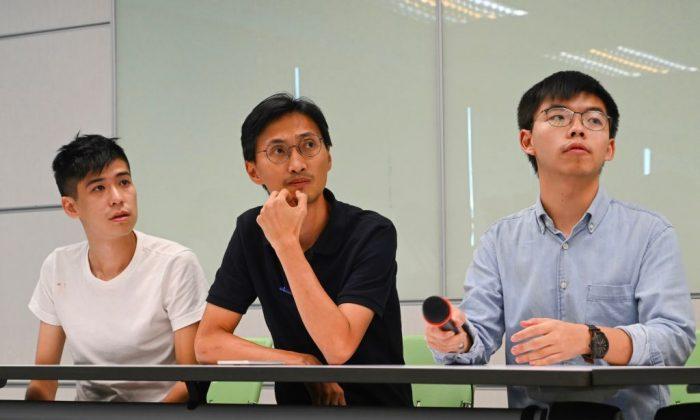

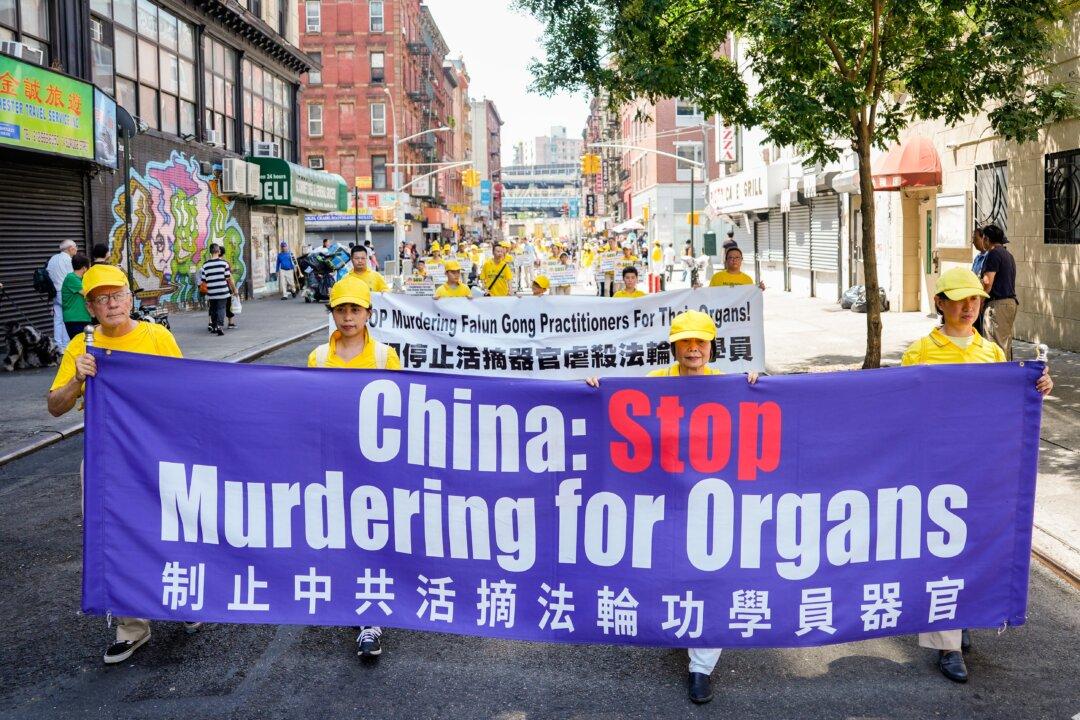
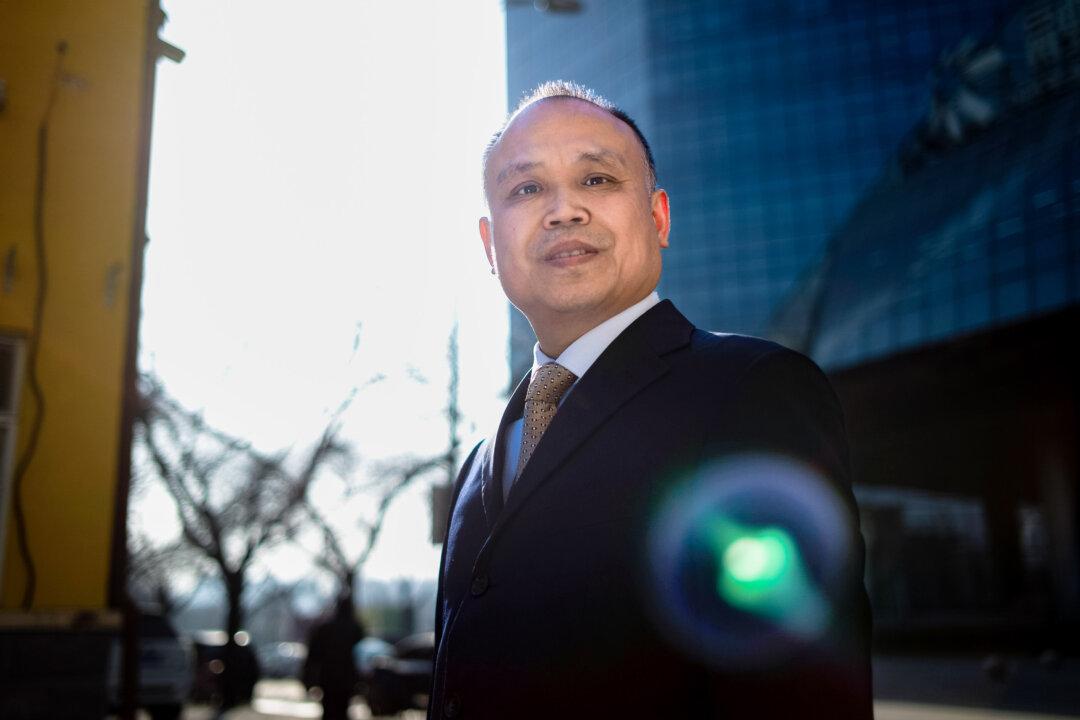
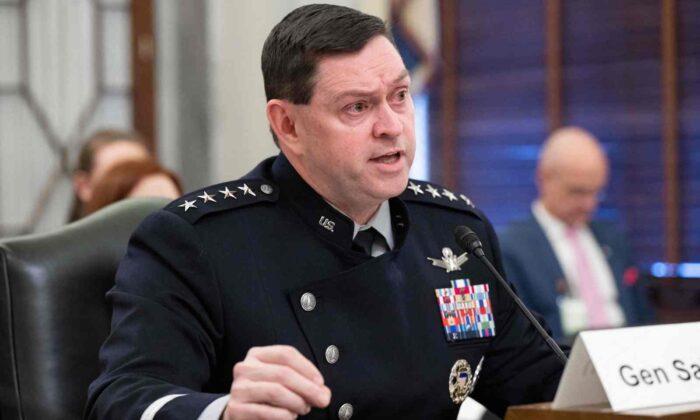
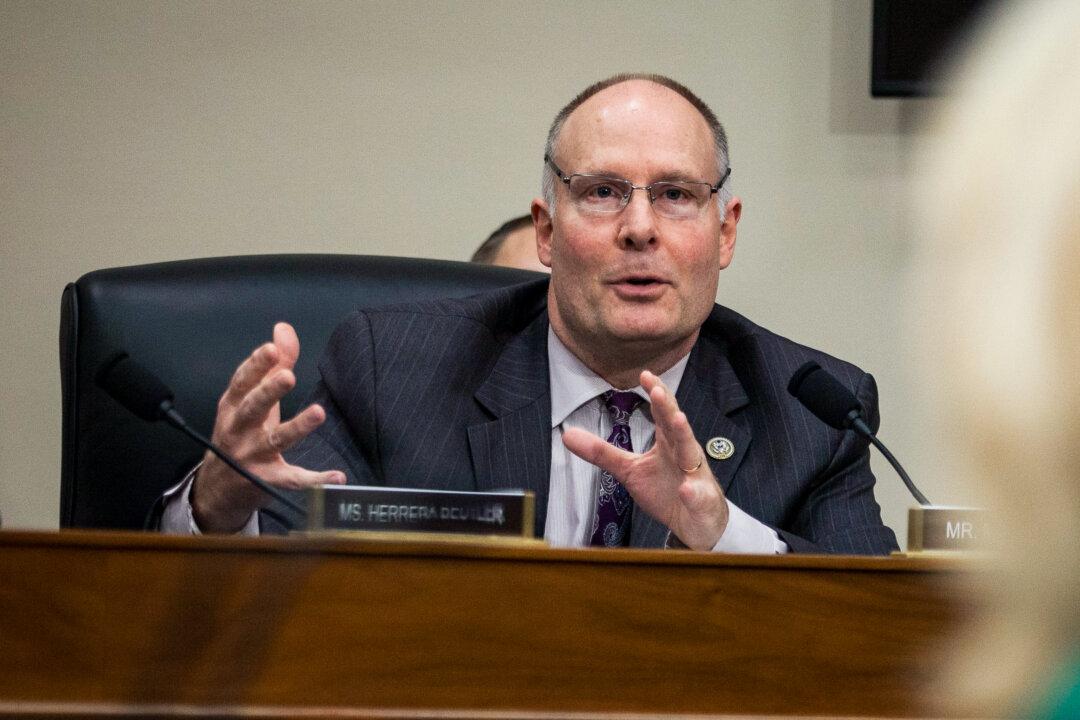
Friends Read Free